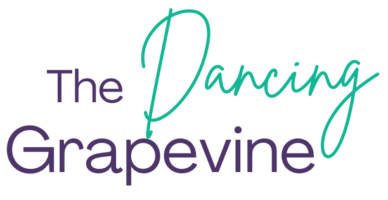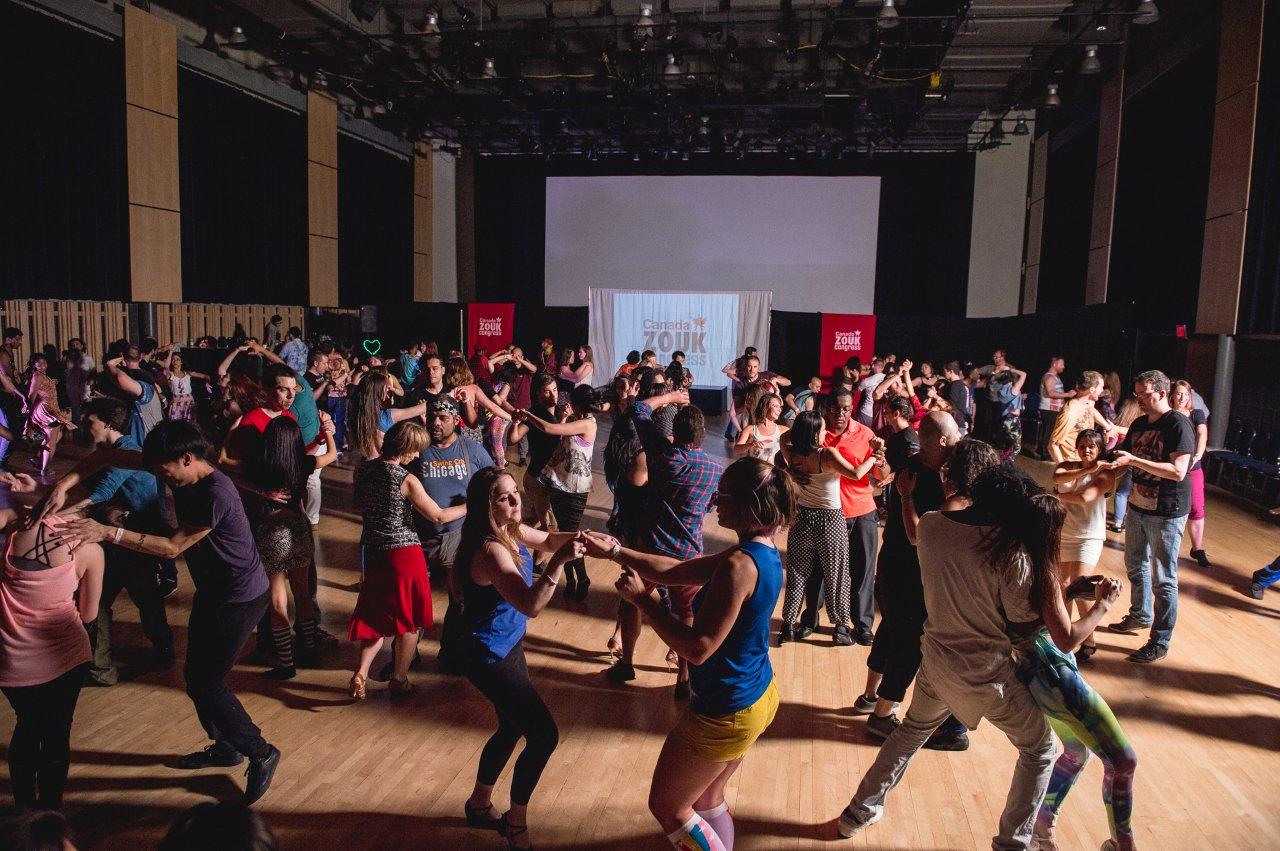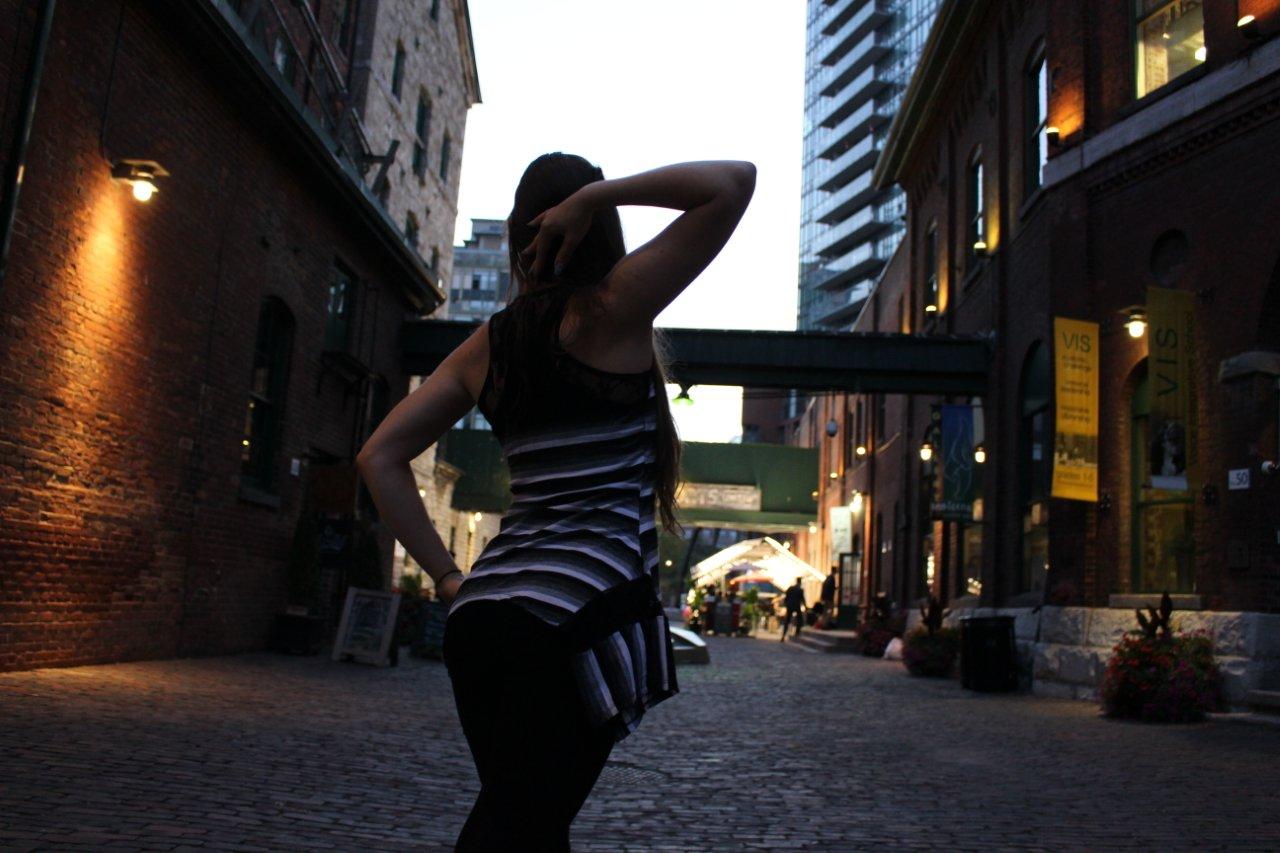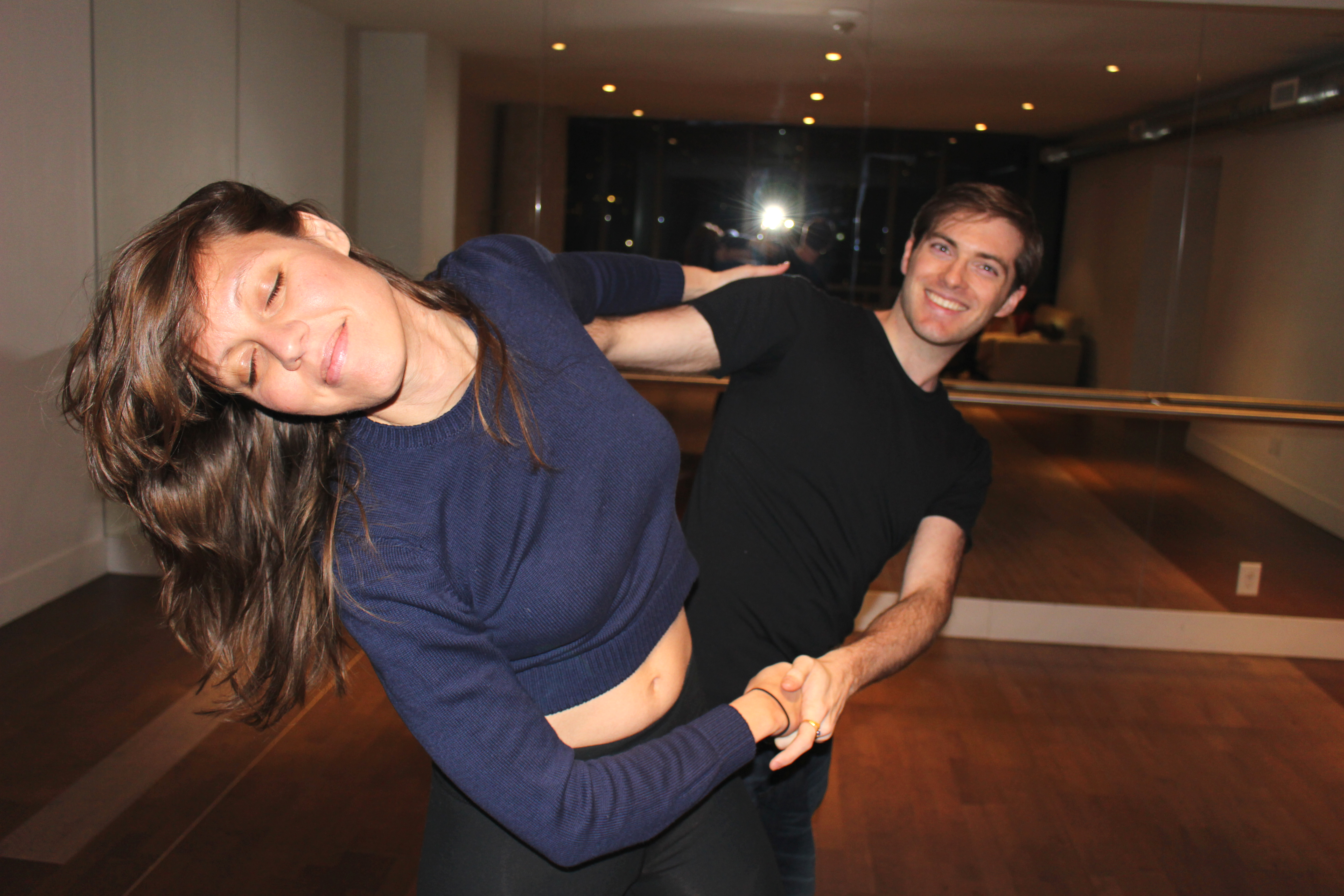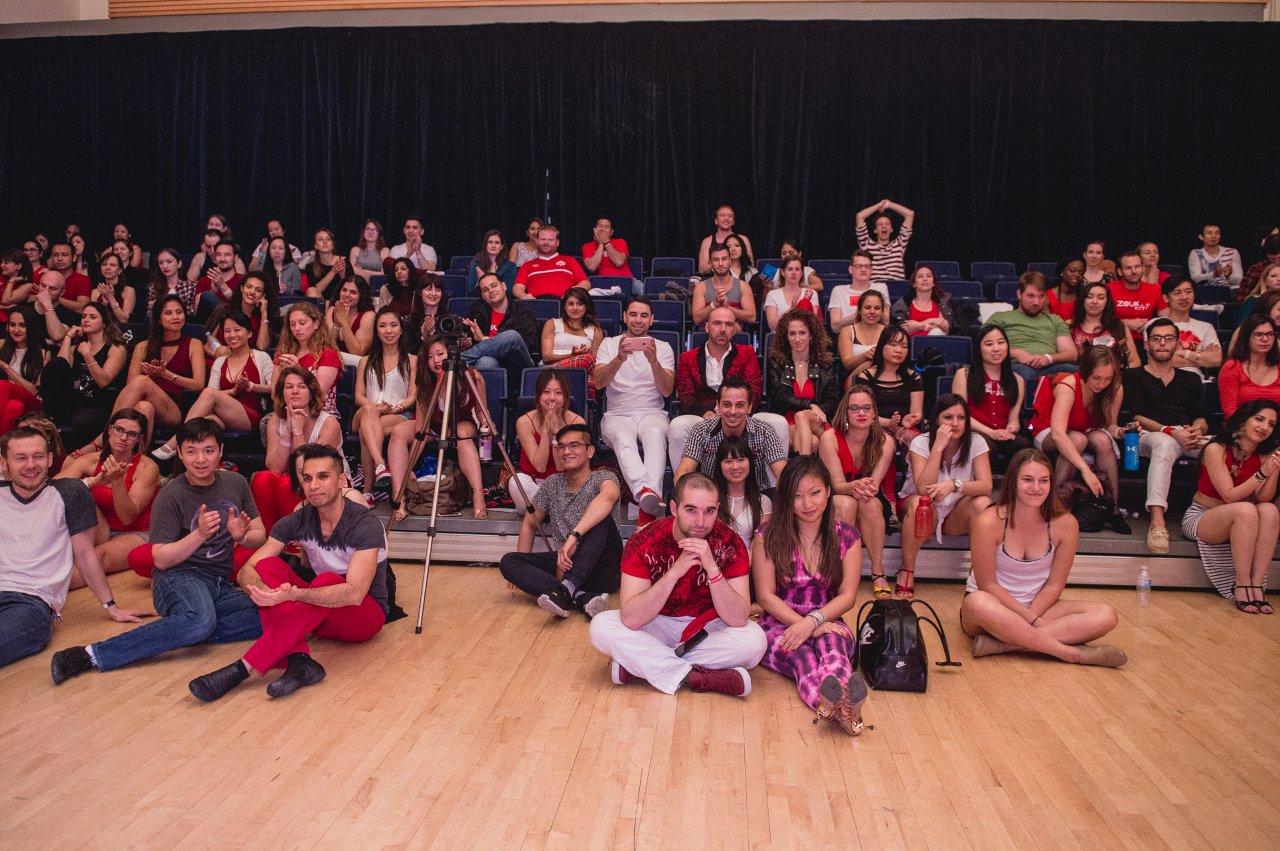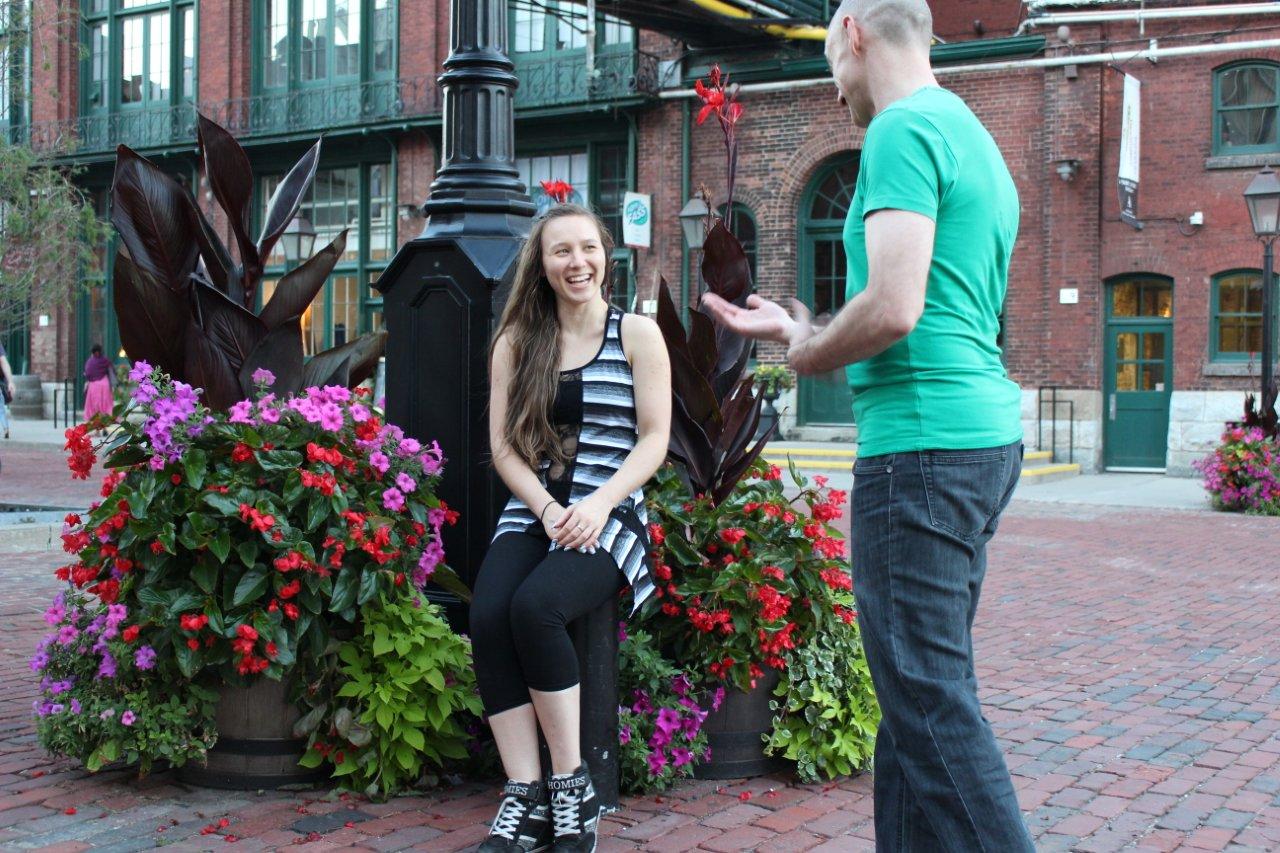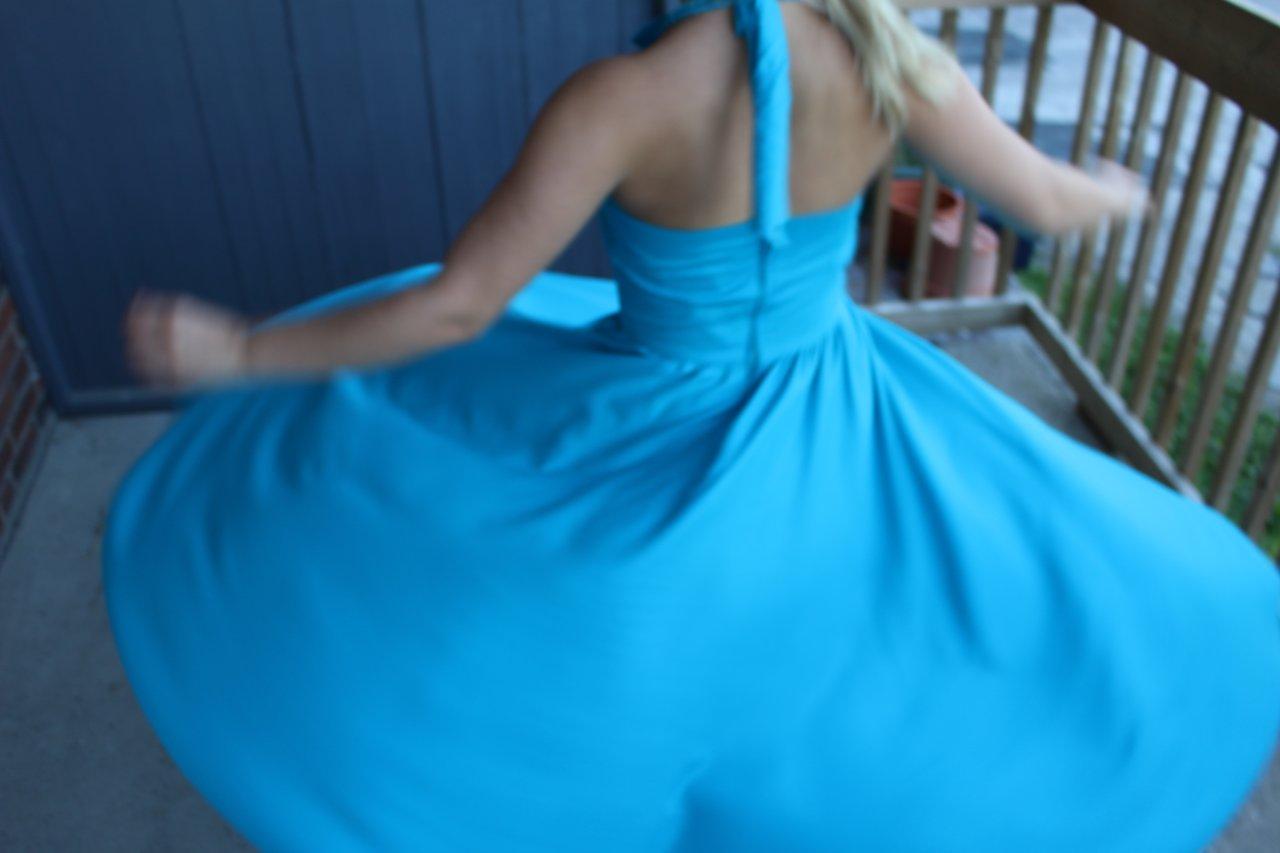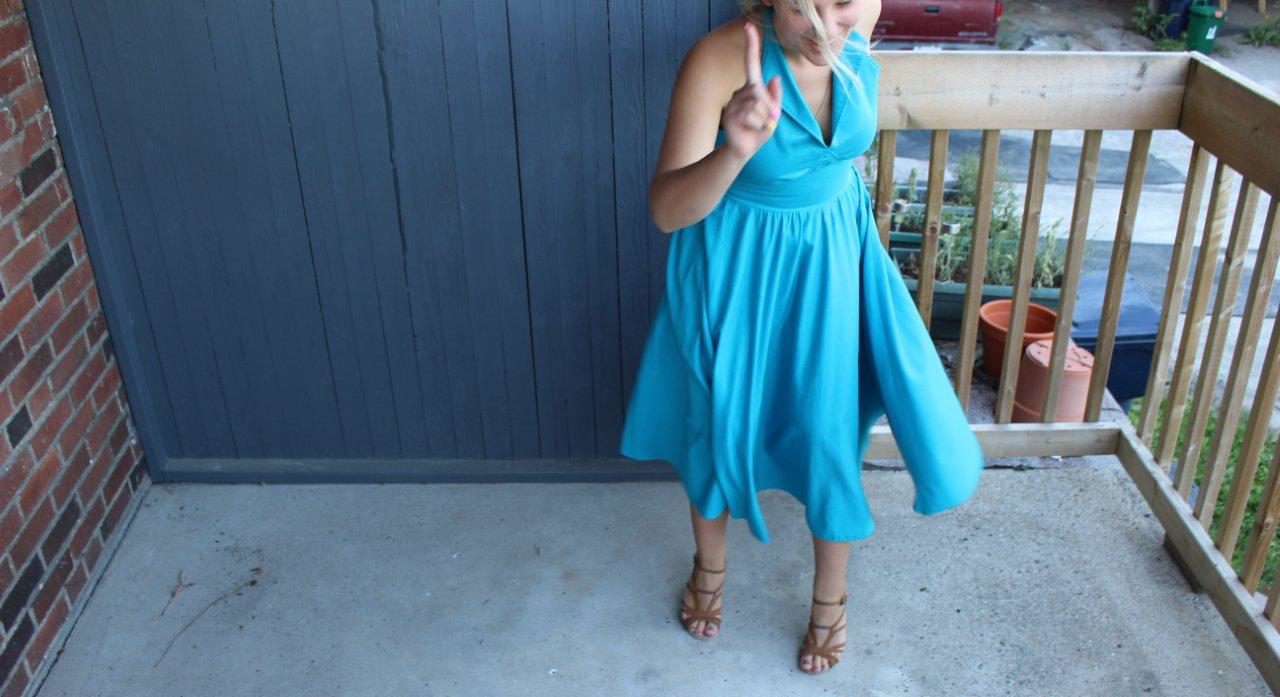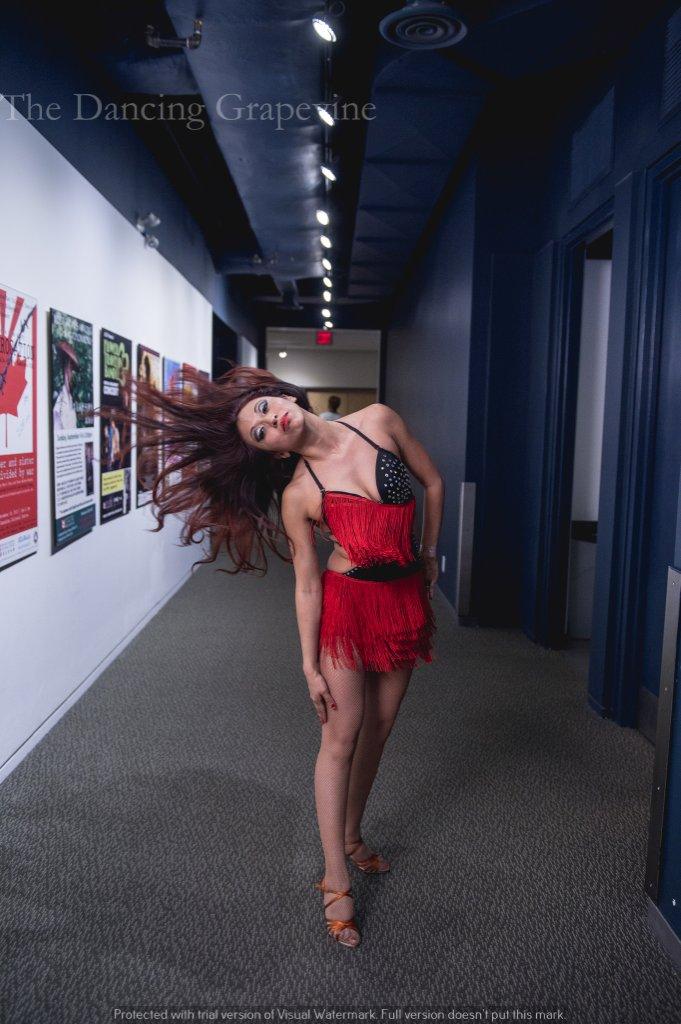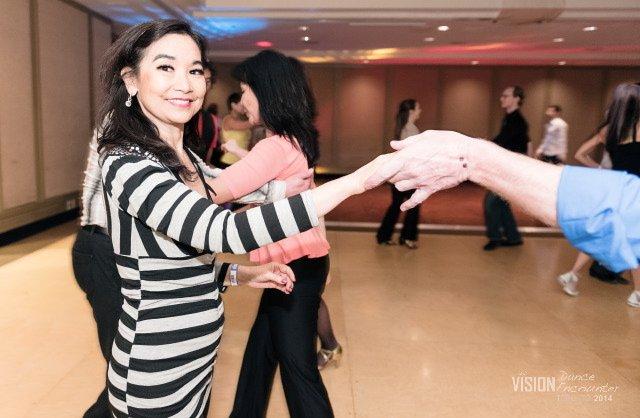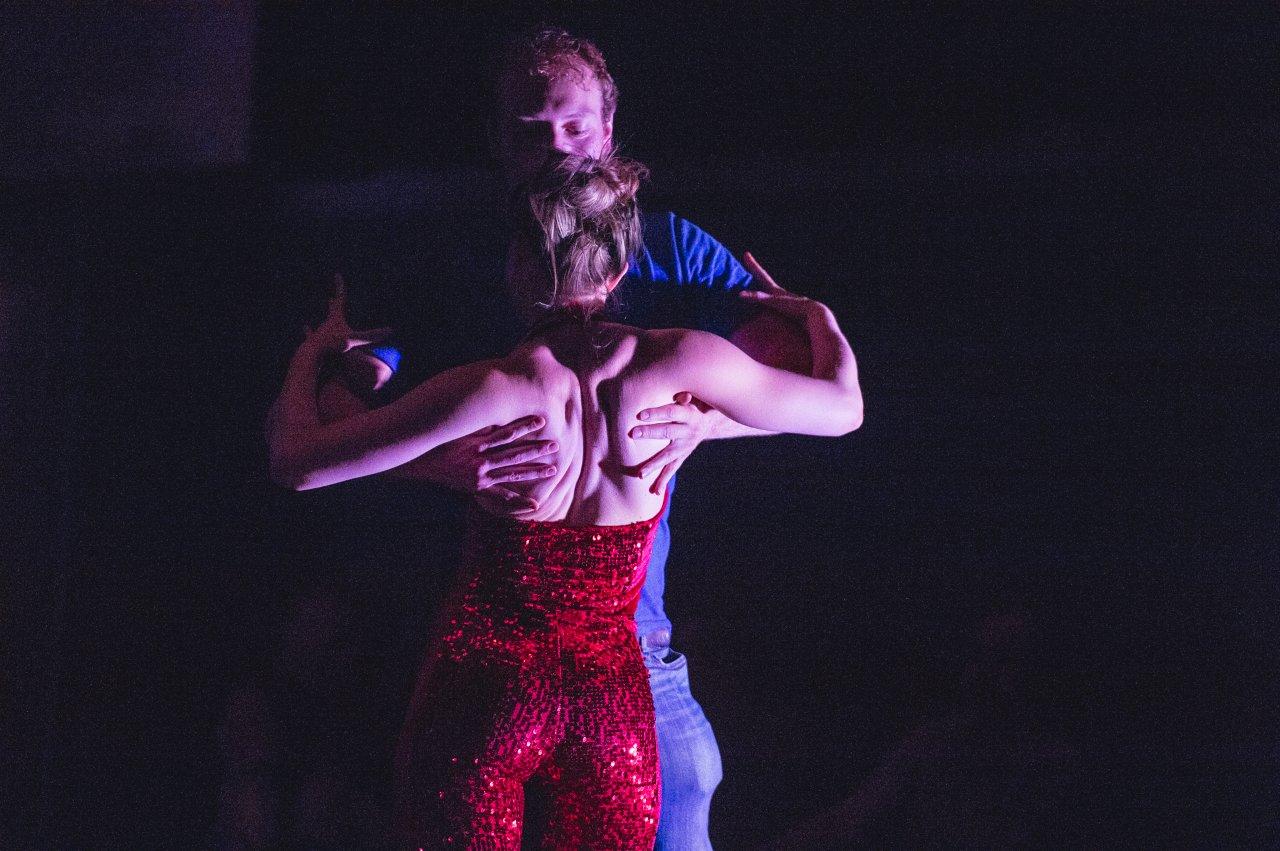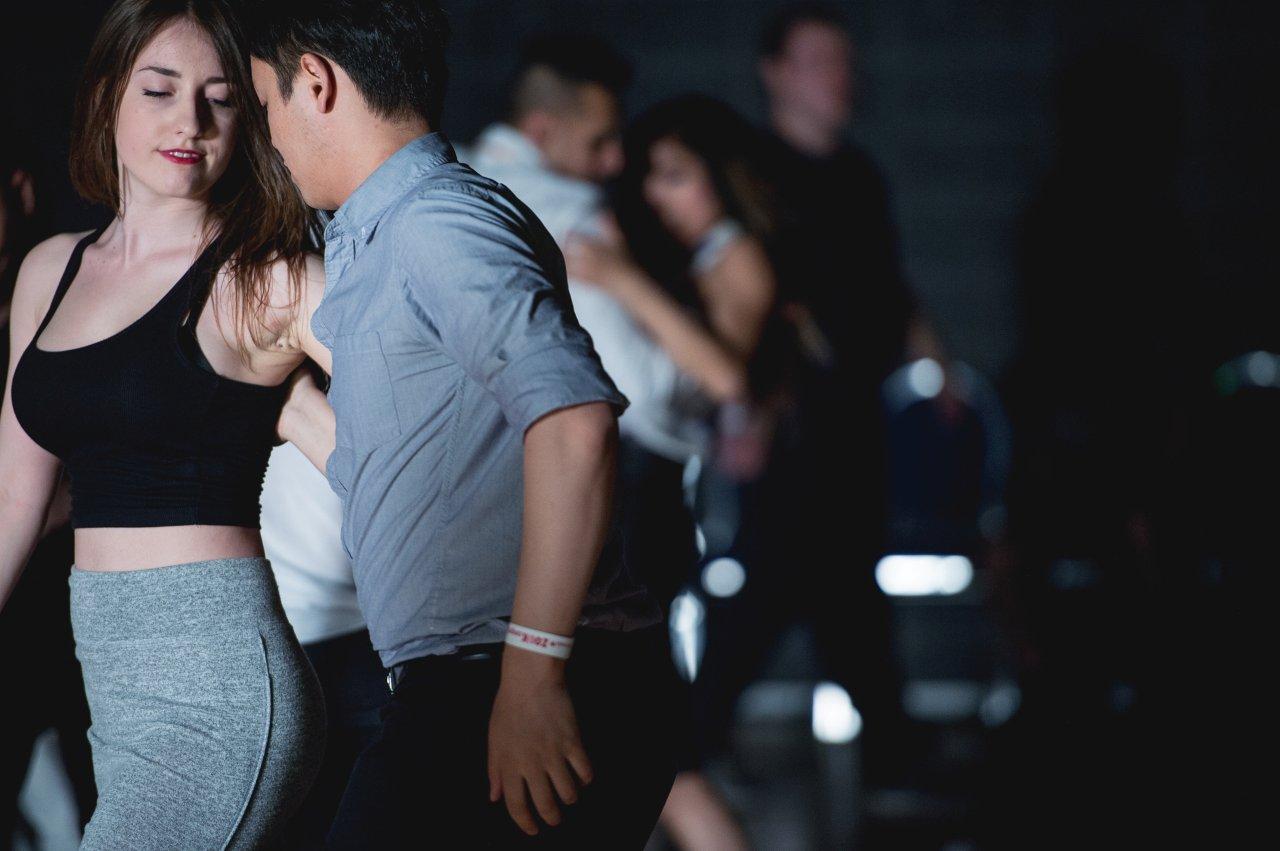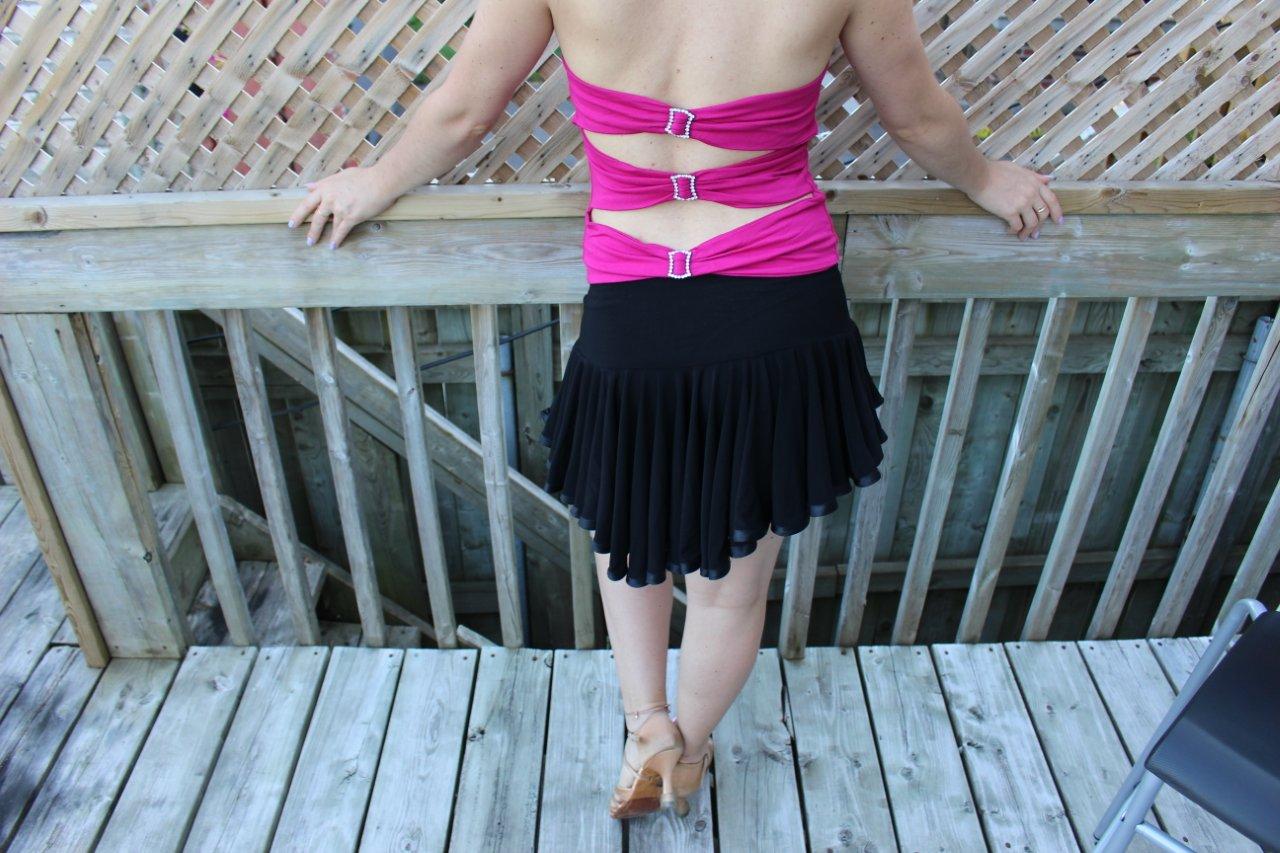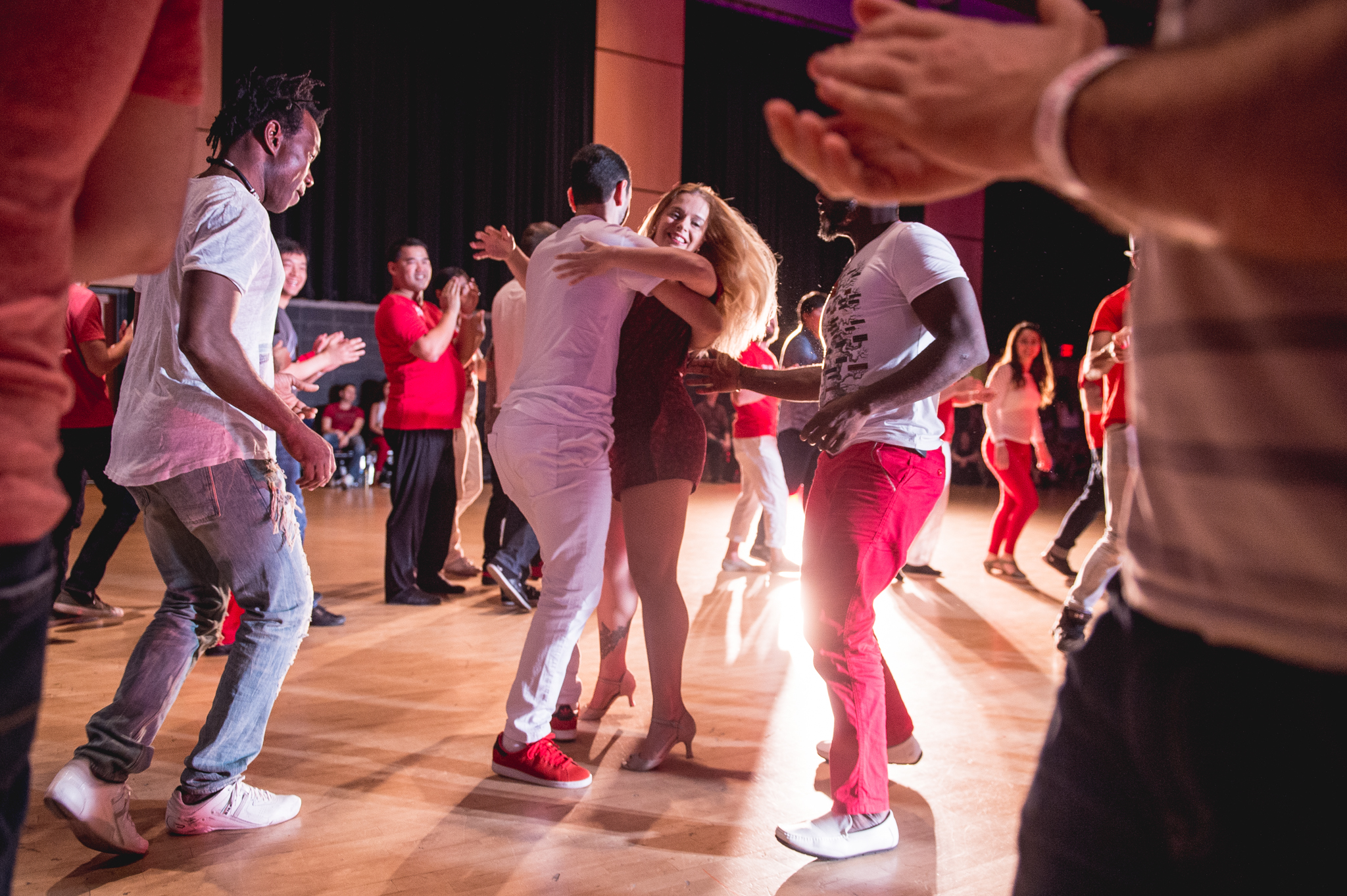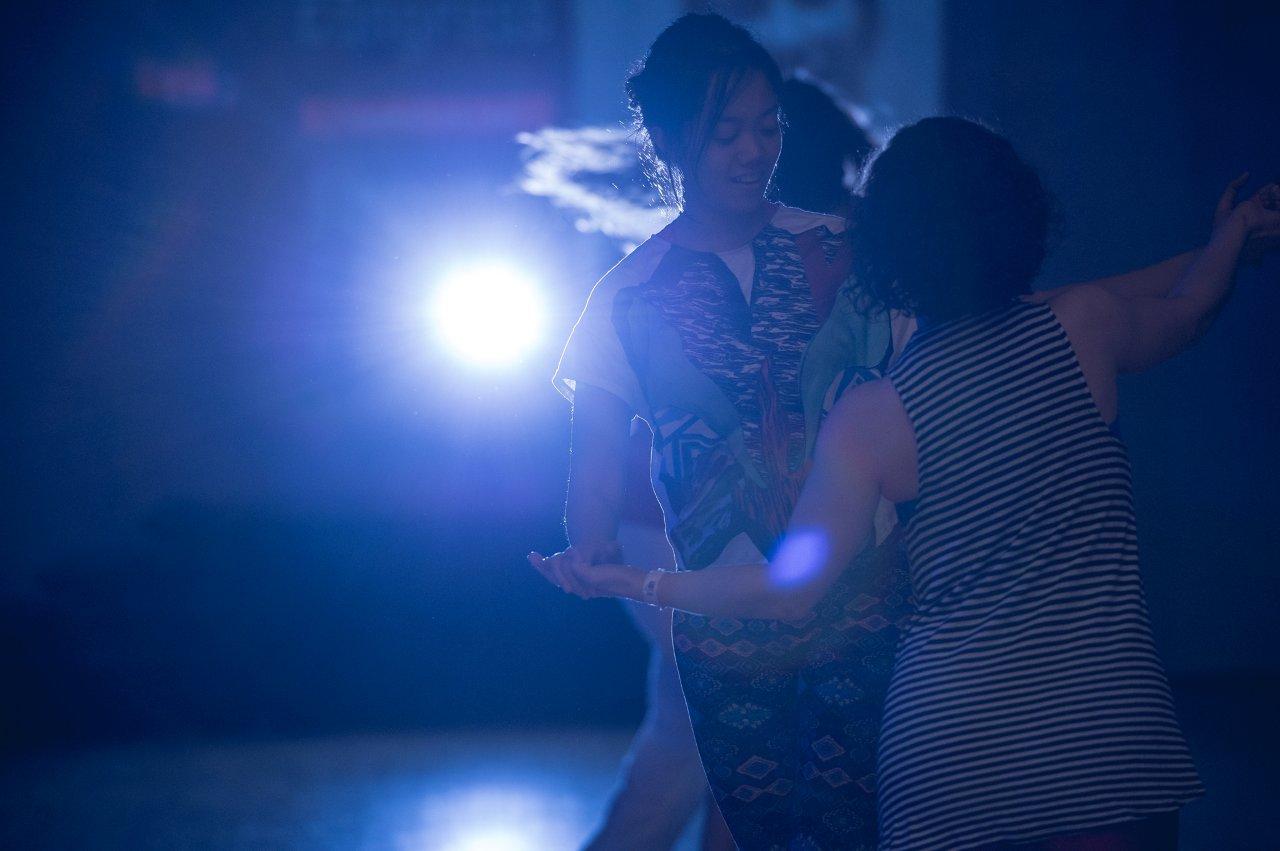There are so many events to choose from, which means there are some tough choices. For some attendees, part of that choice involves identifying organizers who appear to have the best interests at the community as part of their decision-making and planning. This list includes some of the things I consider to be good indications of ethical organization. While this list isn’t comprehensive, it includes some signs you can look for to get a sense for whether the organizer is building up and positively influencing the community. It also does not mean an event is unethical for not doing one of these…
-
-
I turn 30 today. I started dancing when I was almost 20 (except for the ballet class I got kicked out of at age 5). That means that I’ve been dancing just over 10 years. From my infancy in Salsa to my current status as a Brazilian Zouk organizer and teacher, it’s been a long journey. In those 10 years, my dancing, my role, and my outlook has changed and evolved. Things I used to think were clear are shades of grey. This blog (started in 2013? 14?) is a living testament to that; my first few posts are very,…
-
Some of us complain that when we go to big events, congresses or festivals, we have a hard time getting dances. This specifically seems to affect solo travelers more than those coming with a large local group. These experiences can lead to us feeling deflated, insecure, and disillusioned. In some cases, it can even negatively colour the entire event experience. Others (particularly those who travel frequently) end up largely dancing with the same pool of desired and known partners. While this can be fun, it can also eliminate possible fantastic new partners. It also misses out on the thrills of bringing newer,…
-
It can be very hard to stay calm when you meet an arrogant dancer. Their “I’ve got this” and “I’m awesome” mentality can be grating for partners. Very often, arrogant dancers get conflated with dance snobs. But, I feel the two are different. Whereas snobs are consumed by how crappy everyone else is, arrogant dancers are generally preoccupied with keeping up their own reputation. The difference between dance snobs and some ‘arrogant’ dancers The dance snob tends to focus on why everyone else sucks. They may roll their eyes at beginners, accuse others of not working hard enough, and more. Their focus is on how…
-
“In a culture of isolation, be the invitation to everything.” – Vera de Chalambert* As dancers, we know the meaning of an invitation. Or rather, we think we do. We invite each other to dance. Leaders invite followers into patterns and movements. Dancers invite each other into a connection and embrace. But, beyond the invitations we give our dancers in the context of the dance-relationship, are we truly inviting them in? Anonymous Dancers We usually think that if we know someone’s name they are no longer anonymous. But, a name is not the only indicator of anonymity. Anonymity in its broadest sense is tied to a lack…
-
I’ve been dancing for over 8 years now. I’ve heard (and seen) a lot of inspirational things. But, there’s 10 thoughts in particular that stuck with me. These 10 thoughts influence much more than only my dancing; they influence my perspectives on the world. I hope you find them as poignant as I do. “Don’t dance. Just walk.” New dancers frequently spend a lot of time trying to dance. I was one of them, until a teacher told me to focus on walking instead of dancing. Suddenly, dance made sense to me. Any task broken into its basic pieces is far more…
-
Dear 1-Year Dancer, I’m glad you’ve been with us a year. I’m so happy you’ve been contributing to this wonderful community for a full 12 months. We may need to have a talk soon.
-
Did you grow up dancing, or with a deep desire to dance? If you didn’t, do you ever have that distinct, deep wish that your parents had made you take dance when you were a kid? I mean, seriously. If you were classically trained, everything would be SO much easier. It really would. But… would it really have been the right decision? Would you still be dancing?
-
There are some pretty poignant comments from older dancers – particularly older women – about how intimidating it can feel coming into the social dance scene. This is true. It can be scary, and there will be some not-fun moments. And yes, you will likely have a harder time getting ‘into’ the scene than a 21 year old. But, you still belong here. Contrary to what a few anti-social dancers may say or do, you belong as part of this community. You are valuable, and you deserve to engage in this beautiful world as much as any young adult.
-
Dear Beginner, I’m so happy you decided to social dance. I’m so happy that you’ve decided that this magnificent world has caught your interest – and I hope it holds it. You’re going to meet many, many amazing people, have fantastic nights, and perhaps even travel to unbelievable events. But you’re also going to be told ‘No’.
-
What if I told you that you have the power to make someone’s night awesome at nearly every social you attend? Well, this is me telling you: Yes, you can. At every single event or social you attend, you have the power to make someone’s night amazing. You have the power to turn someone’s experience into something wonderful. You have the power to help someone turn an ‘off’ night into an ‘on’ night.
-
When you receive a selfless dance, it is magical. It can make you feel like you are on top of the world. At a minimum, it makes you feel happy and peaceful. It can lift your spirits or mend your mood, because the selfless dance is exactly what you needed in that moment. It can rescue your mood after a bad dance. It can make you forget about your daytime troubles. It can create a magical memory to take home. It can make you fall in love with the dance. But, the Selfless Dance should not be about you.
-
A generous dancer is one who shares their love of dancing with the world – whatever that world may be. The Performer does this through tireless dedication to their craft, resulting in breathtaking performances of (near) perfection. The Teacher does this through thinking about how they will better communicate their craft to their students every single time they teach. The Mentor does this by guiding their mentees through all the stages of dance development.
-
I recently arrived home from one of the largest Zouk congresses in the world. It was full of all kinds of social dance partners, but there are a few that truly stick out in my mind. One was a dance where, after the first 20 seconds, I became very scared for my safety. But, unlike every other rough dance I’ve had, the leader managed to transform this dance into one of my most memorable of the weekend.
-
I’ve been told twice that I shouldn’t dance. I only listened once. The first was when I was a beginner. Only a few weeks into my dance journey, my instructor became frustrated by my lack of ‘natural’ ability in Salsa. He point-blank told me “maybe dance just isn’t for you.” His advice didn’t help me at all. Because I was not grasping his ‘concepts’, he instead determined that I was not built to dance.
